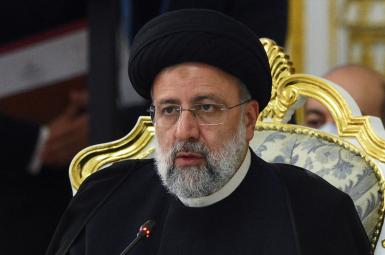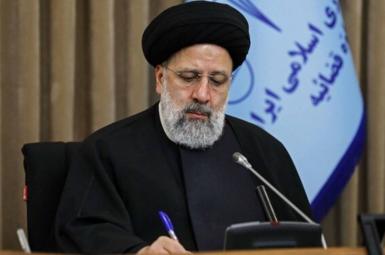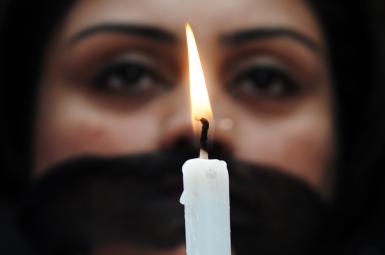
Iran's Raisi Renews Plans To Attract Expat Capital, But Hurdles Abound
One of the first promises Iran’s President Ebrahim Raisi made after his election was to encourage Iranian expats to return and invest in Iran. However, Reza Padidar, a prominent investment expert and the chairman of the Union of Investment Consultants says Iran can hope to attract the expat capital only after reaching an economic growth rate of 10 to 12 percent and bringing its current 47 percent inflation rate to less than 10 percent.
The only way for Iran to increase its economic growth and access the international banking system is to convince the United States to lift its sanctions. The other prerequisite is to accept financial reforms demanded by the Financial Action Task Force (FATF) regarding money laundering and funding of terrorism. Iran is currently the only country, along with North Korea that is on the FATF blacklist, discouraging banks from doing business with it.
Apart from these empidiments, there are no accurate figures about the number of Iranians living abroad and the extent of the capital they can potentially bring to the country. According to the Majles Research Center in 2007, Iranians living abroad had a wealth of $1.3 trillion out of which some $900 billion belonged to Iranians living in the United States. The figure has risen to $3 to $4 trillion by the same estimate, but has little scientific bases.
Raisi told Iranians living in Tajikistan during his recent visit to that country that his government has paved the way for Iranian expats' investment in Iran. However, he did not say how he has managed to do that while his government has been in office for less than a month.
He also made the statement mindless of the fact that Iranians abroad left their country because of insecurity for themselves and their capital in the first place.
Raisi himself is part of the reason why investors feel insecure. He had been a revolutionary court judge since 1980 when he was in his early 20s and oversaw thousands of executions, imprisonments, and confiscations during his long career. Many Iranians fled those executions and confiscations as they lost their assets and their loved ones to arbitrary courts.
Only during recent years, several thousand Iranians migrated to Turkey and Canada to benefit from financial and general security. Some of those were, of course, well-connected individuals who embezzled government funds, or took billions of dollars in loans from the banks and transferred all to foreign countries and then fled.
Raisi made his statement also mindless of the fact that many Iranians living abroad fear being arrested as soon as they land at the Tehran airport. The number of dual nationals languishing in Iranian jails over the years is witness to the outcomes of the Iranian regime's paranoia.
According to Padidar in his interview with Khabar Online website, some Iranians were willing to return in the early 2000s when a reformist government was in power in Tehran. At the time, the assumption was that Iranian expats could invest $20 billion in Iran, he said, adding that the initial plan was to facilitate their investment in the energy sector. Even investment forms were distributed at the Iranian embassies abroad. But potential investors soon realized that there was no practical way to repatriate their capitals.
Padidar says that the Rouhani administration revived the idea and addressed some concerns. The areas of investment were meant to be the petrochemical industries, oil, pipelines and refinery projects. However, hardliners who were against the Rouhani administration torpedoed the entire project. According to Padidar, this was the hardest and possibly the final blow to the idea of attracting investment from Iranian expats.
Nonetheless, Padidar estimated that currently Iranian expats can offer 40 to 50 billion dollars of investments, making clear that this is also based on estimates. However, he reiterated that without sorting out legal problems, lifting US sanctions and satisfying the FATF to regain access to the international banking system, no one can even send those kind of large sums to Iran.








